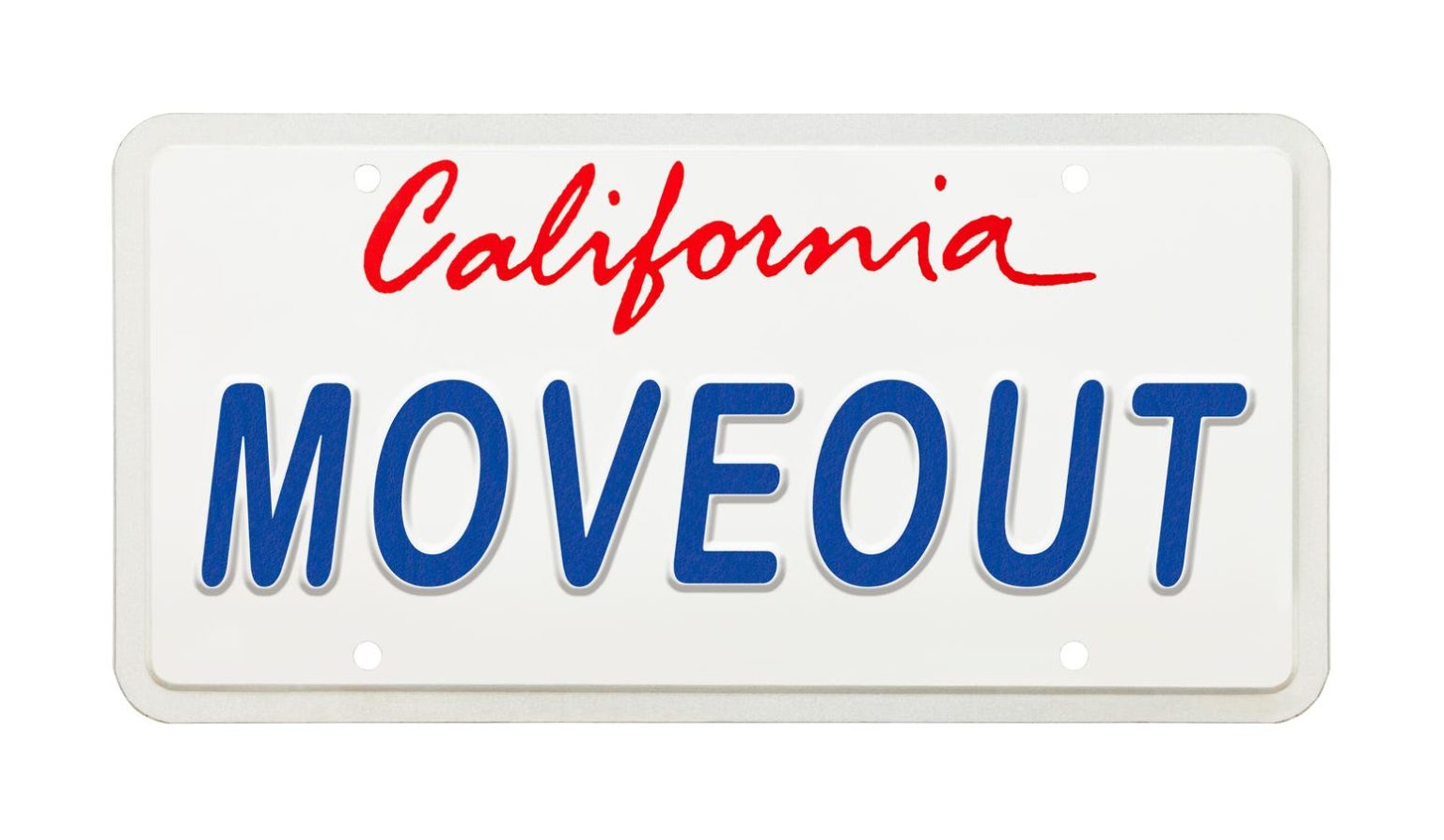The Wall Street Journal has reported that California is the biggest income loser when it comes to high-income residents migrating to other states. According to IRS data, California has lost $23.8 billion in adjusted gross income (AGI) to other states. This is largely due to California’s high state income tax rates, with the top rate reaching 14.4% as of January 1, 2024. There have been proposals in Sacramento to further increase this rate up to 16.8%, but so far, those bills have failed to pass.
Despite having a 13.3% tax rate on capital gains, California investors still feel the burden of high taxes compared to other states. With the federal capital gains rate at 20% for higher income taxpayers, adding the 3.8% net investment tax under Obamacare brings the total to 23.8%. This means Californians are paying more on capital gains than virtually anyone else in the world. Many taxpayers make strategic moves before big stock sales or other income-generating events to minimize their tax liabilities.
It is important for California residents who are considering leaving the state to be cautious about how they establish residency elsewhere. California’s Franchise Tax Board (FTB) closely monitors the line between residents and non-residents, and can initiate a residency audit to determine your tax obligations. If you are in California for more than nine months a year, you are presumed to be a resident, and spending more than six months can also trigger this presumption. Filing a non-resident tax return reporting only California-source income after leaving the state can be a smart move to avoid any complications.
California uses objective factors and a comparative analysis to determine residency, with physical presence being a key factor. It can be challenging for individuals who have strong ties to California to establish residency in another state. The state’s residency audit process can be lengthy, and California can audit taxpayers indefinitely if they never file an income tax return. Avoiding common mistakes when moving out of California, such as failing to sever ties with the state or continuing to have significant connections, is essential to minimizing potential tax liabilities.
In assessing residency, California also considers important presumptions, such as spending more than nine months in the state leading to a presumption of residency. Seasonal visitors who spend six months or less in California may qualify as non-residents, provided they do not work while in the state and meet other stringent criteria. When leaving California to lower their tax burden, individuals should be aware of the potential pitfalls and take steps to establish residency in a new state effectively. Consulting with a tax professional can help navigate the complexities of California tax laws and residency requirements.


